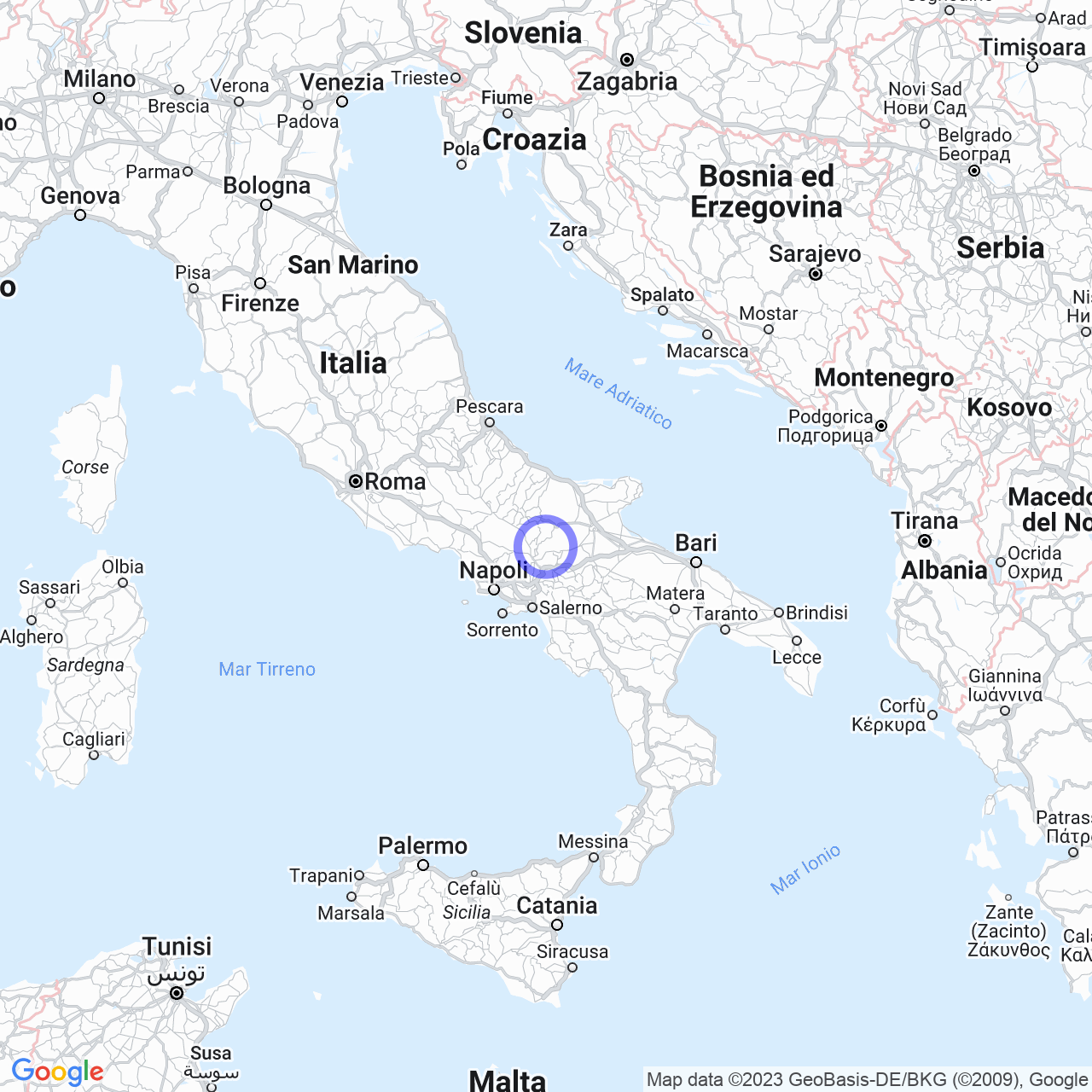San Giorgio La Molara
Welcome to San Giorgio La Molara: geography and history
Hello friends, today I will talk about San Giorgio La Molara, a delightful town located in the Benevento province, in Campania. With its 2772 inhabitants, it is located on a hill to the left of the Tammaro river, surrounded by its tributaries Tamaricchio to the north and Drago to the south. The municipal territory is quite vast: it extends up to the Ginestra stream, in the high valley of Miscano and has a used agricultural area of 4748.05 hectares.
The history of San Giorgio La Molara
Before the Roman era, the territory was inhabited by the Samnite populations. Scholars do not know with certainty which tribe (Pentri or Hirpini) controlled the Sangiorgese agro, but the area of the current San Giorgio was probably occupied by the Hirpini. In the fifteenth century, the town belonged to the Gaetani family of Aquila Aragona, who passed it on to the Carafa of the princes of Stigliano, to the Coscia and then to the Caracciolo. In 1801, Cardinal Fabrizio Ruffo acquired the town until the end of feudalism in 1806. In 1626, San Giorgio was elevated to the title of Duchy. In the nineteenth century, during the kingdom of the Two Sicilies, it was the capital of the district within the Ariano district.

Monuments and places of interest
Among the main monuments of San Giorgio La Molara there is the Castle of Pietramaggiore, a fortified place that has been known since 1137. After suffering serious damage from the Central-Southern Italy earthquake of 1456, the castle was reduced to a farmhouse and then an uninhabited fiefdom that revolved around the nearby center of San Giorgio. Today, only some ruins remain.
Anthropogenic geography
The territory of San Giorgio La Molara is composed of many districts, including Pianella, Chiaia, Basaleone, Calise, Taverna, Campolongo, Cerracchio, Favali, Gelso, Perazzeta, Crocelle, Romiti, Noce Verde, San Lazzaro, San Pietro, Sant'Andrea, Cisterna, Centrale, and Santa Cristina.
Economy
San Giorgio La Molara is famous for the production of protected geographical indication meat, coming from Marchigiana cattle bred on its pastures. The town also has a considerable production of cereals, olives, and hazelnuts.
I hope you enjoyed my story and have been intrigued to visit this beautiful town in Campania. I'll see you for the next trip to discover new places. See you soon!
